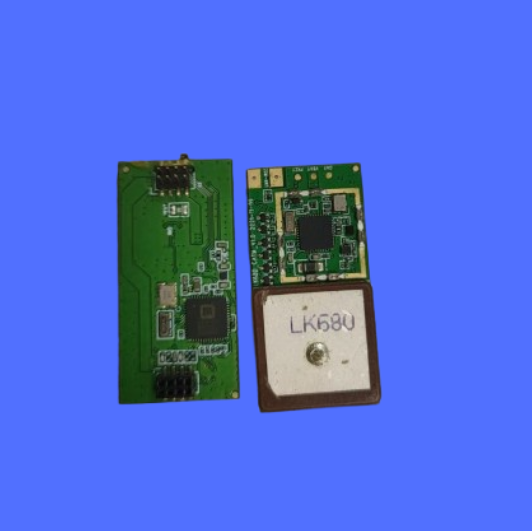

Automotive-grade GPS modules power navigation, telematics, and safety features in modern vehicles. To ensure reliable performance across varied climates and road conditions, it’s crucial to choose modules with proper certifications, rugged design, and firmware support. Whether outfitting fleet management systems or integrating car GPS receivers, understanding key standards helps you identify capable suppliers.
✅ Essential certifications and compliance
Certifications are foundational for automotive applications. Look for:
· CE, FCC, and RoHS compliance to meet EMC and safety requirements.
· ISO-certified manufacturing processes for consistent quality.
· Automotive-focused considerations such as secure OTA firmware updates and secure boot guidance.
A dependable supplier provides batch-specific documentation, test reports, and certificates to support OEM programs and vehicle systems.

✅ Core technical specifications for in-vehicle use
In-vehicle environments demand more than basic GPS accuracy. Key specs include:
· Multi-constellation GNSS support (GPS, GLONASS, Galileo, BeiDou) for reliable positioning in urban areas.
· Interfaces such as UART, SPI, and I2C for seamless ECU integration.
· Ruggedness: wide operating temperatures and IP ratings (e.g., IP67) to withstand vibrations and moisture.
· Power management: low power consumption with effective wake/sleep modes for fleet trackers.
· EMI/EMC performance to minimize interference with other vehicle electronics.
· Antenna options, including dual-antenna configurations for multipath resilience.
✅ Reliability, environmental resilience, and testing
Vehicle environments are harsh. Priorities are:
· Temperature range and vibration tolerance to endure engine heat and rough roads.
· Ingress protection and sealing against dust and water.
· Rigorous testing: EMI/EMC, thermal cycling, vibration/shock, and OTA security assessments.
· Firmware support: reliable OTA updates with secure authentication.
✅ Sourcing considerations: OEM/ODM and supplier due diligence
For automotive use, partnering with an OEM/ODM-capable GPS module supplier offers customization and lead-time advantages. Key points:
· OEM/ODM capabilities for firmware, interfaces, and form factors tailored to vehicles.
· Transparent lead times and MOQs to plan deployments.
· Comprehensive documentation and responsive technical support.
· Clear firmware update policies with security measures.
✅ What to look for in supplier communications
· Clear BOM and environmental specs.
· Lot-specific test reports and certifications with traceability.
· Availability of functional samples for testing.
· Documentation localization and engineering notes when sourcing internationally.

✅Quick comparative checklist
· Certifications: CE, FCC, RoHS, ISO; automotive standards where applicable.
· GNSS: multi-constellation support and positioning accuracy.
· Interfaces: UART, SPI, I2C compatibility with vehicle ECUs.
· Ruggedness: temperature, IP rating, and vibration specs.
· Firmware: OTA updates, security features, and customization options.
· Documentation and support: manuals, integration guides, and test data.
· Supply chain: lead times, MOQs, and after-sales support.
 Conclusion
Conclusion
Selecting automotive-grade GPS modules requires balancing performance, reliability, and compliance. Prioritize multi-constellation GNSS, rugged design, clear documentation, and robust firmware support. For sourcing from China, partner with an OEM/ODM-capable supplier who offers firmware customization, transparent certifications, and end-to-end quality assurance.